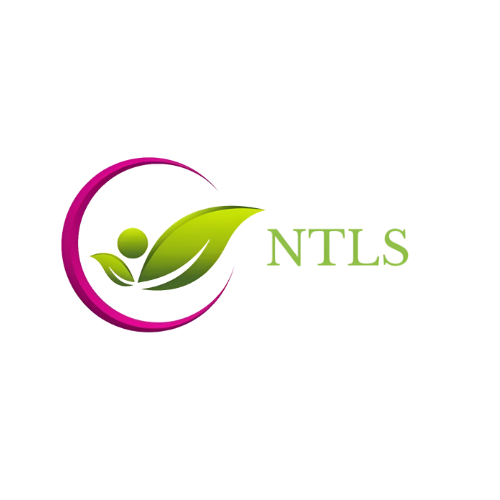Japanese cosmetic market
Japanese cosmetic regulation is governed by the Pharmaceutical and Medical Devices Act (PMD Act), which is overseen by the Ministry of Health, Labour, and Welfare (MHLW). This regulatory framework is designed to ensure the safety, efficacy, and quality of cosmetic products in Japan. Here’s a detailed overview of the key aspects of the regulatory landscape for cosmetics in Japan:
Regulatory Framework
Key Legislation
- Pharmaceutical and Medical Devices Act (PMD Act): This act regulates cosmetics alongside pharmaceuticals and medical devices. It was revised in 2014 to enhance the regulatory oversight of these products.
- Standards for Cosmetics: The MHLW issues specific standards and guidelines that must be adhered to by manufacturers and importers.
Classification of Cosmetics
Cosmetics in Japan are classified into two main categories:
- General Cosmetics: These include standard cosmetic products such as skincare, makeup, and perfumes that do not have therapeutic claims.
- Quasi-drugs: These products have specific functional claims, such as skin-whitening or acne treatment, and contain active ingredients that provide therapeutic effects. Quasi-drugs are subject to stricter regulations compared to general cosmetics.
Regulatory Processes
Pre-Market Notification
- General Cosmetics: Manufacturers must submit a notification to the MHLW before marketing these products. This process does not require pre-market approval but necessitates compliance with safety standards.
- Quasi-drugs: A more rigorous approval process is required for quasi-drugs, including safety and efficacy assessments.
Licensing Requirements
- Marketing Authorization Holder (MAH): Companies must appoint a local MAH who holds the responsibility for imported cosmetics. The MAH must be based in Japan and comply with local regulations.
- Manufacturing License: Importers must obtain a manufacturing license even if they do not produce products locally. This license is necessary for packaging, labeling, and storing cosmetics in Japan.
Ingredient Regulations
Positive and Negative Lists
- Positive List: Certain ingredients, such as preservatives and UV filters, are allowed only if they are explicitly listed as safe by the MHLW.
- Negative List: The MHLW maintains a list of prohibited substances that cannot be used in cosmetic formulations. Currently, there are around 30 banned ingredients.
Safety Assessments
Before marketing any cosmetic product, manufacturers must conduct thorough safety assessments to ensure compliance with Japanese standards. This includes ingredient analysis to verify that no banned substances are present.
Labeling Requirements
Labels for cosmetic products must comply with specific regulations:
- All information must be provided in Japanese.
- Required details include the product name, batch number, shelf life, full ingredient list, country of origin, and any necessary warnings (e.g., usage instructions).
- Claims made on labels must adhere to guidelines set forth by the MHLW; misleading claims or unapproved efficacy statements are prohibited.
Post-Market Surveillance
The MHLW conducts post-market surveillance to monitor the safety and effectiveness of cosmetic products after they enter the market. Manufacturers are required to report any adverse effects associated with their products.
Conclusion
Navigating Japanese cosmetic regulations can be complex due to stringent requirements for safety assessments, ingredient compliance, labeling, and licensing. Companies looking to enter the Japanese market must ensure they understand these regulations thoroughly and may benefit from consulting local experts or partners familiar with the regulatory landscape. Compliance with these regulations is essential not only for legal market access but also for maintaining consumer trust in a highly competitive market.

Get in Touch
Have questions or need expert guidance on regulatory compliance? We’re here to help! Contact us today to discuss how NTLS can support your business.
